Still not expanding consumption
According to statistics from the Central Office for New Rural Area Coordination (Ministry of Agriculture and Rural Development), up to now, the whole country has had over 14,000 OCOP products achieving 3 stars or more, of which more than 72% are 3-star products, 26% are 4-star products, 2.1% are 5-star products and have 5-star potential.
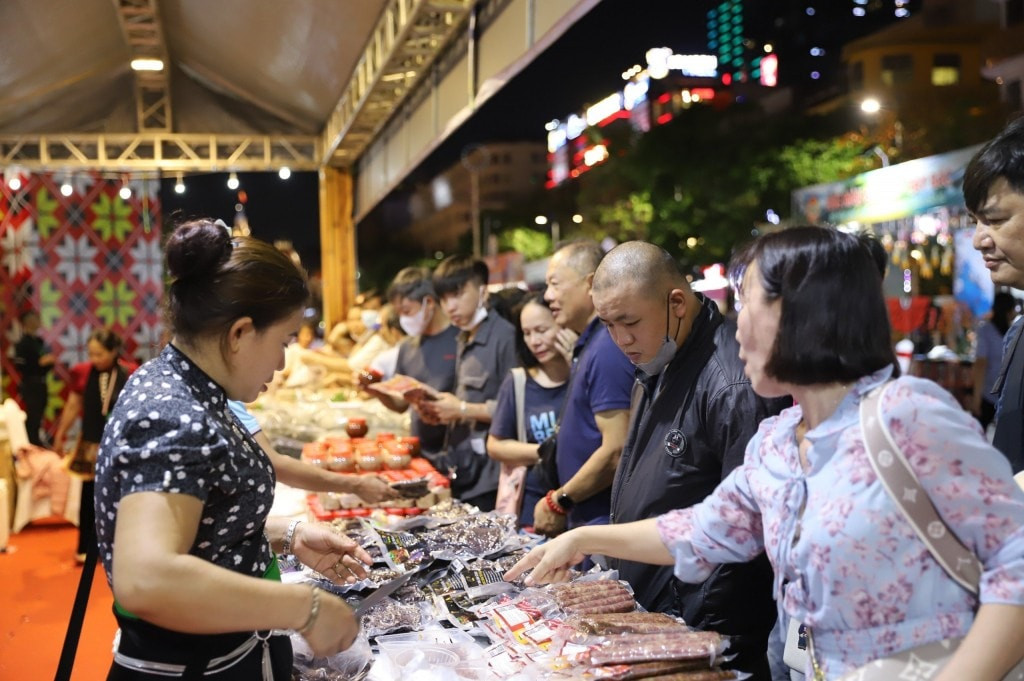 Hanoi regularly organizes fairs to connect OCOP products with consumers. Photo: Ngoc Ha.
Hanoi regularly organizes fairs to connect OCOP products with consumers. Photo: Ngoc Ha.
Currently, localities in the Red River Delta region are leading in the number of OCOP products, accounting for more than 30% of the total OCOP products of the country. Notably, to date, there are 7,846 entities participating in OCOP, of which 32.8% are cooperatives, 22.7% are small enterprises, 38.6% are production establishments, and the rest are cooperative groups. Through the Program, cooperatives have shown more dynamism in gradually transforming their operations, implementing product consumption associated with building standardized products, instead of just providing input services for members as before.
However, many OCOP products, despite being recognized as star-rated, cannot maintain their position in the market, making people reluctant to re-register for star-rated products after the expiration date. Notably, bringing OCOP products into the supermarket system is considered a strategic step to expand the consumption channel, helping the products reach a wider range of consumers. However, this process is facing many challenges, especially for products in mountainous areas, remote areas.
Regarding product output, Mr. Bui Nguyen Anh Tuan - Deputy Director of the Domestic Market Department (Ministry of Industry and Trade) said that the rate of products from mountainous, remote, isolated and island areas appearing on the shelves of supermarkets and retail systems is currently low. One of the main barriers to the consumption of products from these areas is the issue of quality. Many agricultural products do not meet strict requirements on food safety, traceability or international standards, so it is difficult to compete in modern distribution channels.
The Central Office for New Rural Area Coordination also said that OCOP products are mainly consumed through traditional sales channels, and some products have begun to be sold on e-commerce platforms. However, the number of products sold in shopping malls or supermarkets is still very limited (currently accounting for only about 10% of the total number of OCOP products).
Need local initiative
Some OCOP entities believe that bringing products to shopping malls or supermarkets requires high discounts, leading to increased product prices, making it difficult to compete with foreign goods. Not to mention, the connection between manufacturers and retailers is not effective... It is worth mentioning that some supermarkets are not really interested in putting OCOP products on the shelves. Therefore, to develop OCOP products, first of all, OCOP entities must constantly innovate production and processing processes to improve product quality. In addition, authorities need to increase support for promotional activities, trade promotion, connecting supply and demand of OCOP products; soon form a chain linking businesses - manufacturers, develop diverse product distribution channels...
Recently, Hanoi has not only become a bright spot and a pioneer in developing the OCOP Program but also a locality with many breakthroughs in trade promotion, bringing OCOP products closer to the people. Accordingly, in the context of the output for agricultural products and local specialties still facing many difficulties, trade promotion work has been actively implemented by functional agencies. Accordingly, departments and branches of Hanoi City continuously organize festivals, fairs, and exhibitions linking culture with tourism and craft villages, introducing and promoting OCOP products of the capital and the whole country. Typical examples include: Hanoi Tourism Festival, Hanoi Tourism Gift Festival, Hanoi Cuisine and Craft Village Tourism Festival, Hanoi Fruit Festival, Hanoi Lotus Festival for the first time in 2024, Hanoi Ornamental Plants Festival for the first time in 2024... The latest is the Market of specialties, gifts, handicrafts, and OCOP in the capital. Thanks to that, thousands of local OCOP products and craft villages are introduced and promoted, becoming favorite destinations for many customers.
Recognizing the benefits that the fair brings to OCOP entities, Vice President of the Vietnam Retailers Association Tran Thi Phuong Lan said that organizing the fair to increase support for promoting products made in Vietnam to stimulate domestic consumption, increase total retail sales of goods and services, stabilize the market, especially at the end of the year is very necessary. In addition, the fair contributes to connecting distributors, shopping centers, supermarkets, wholesale markets, e-commerce platforms... to directly transact with units and businesses participating in the event to learn about products, production capacity, supply capacity... Thereby, finding sources of goods to put into the distribution system; negotiating and signing cooperation minutes, product supply and consumption contracts.



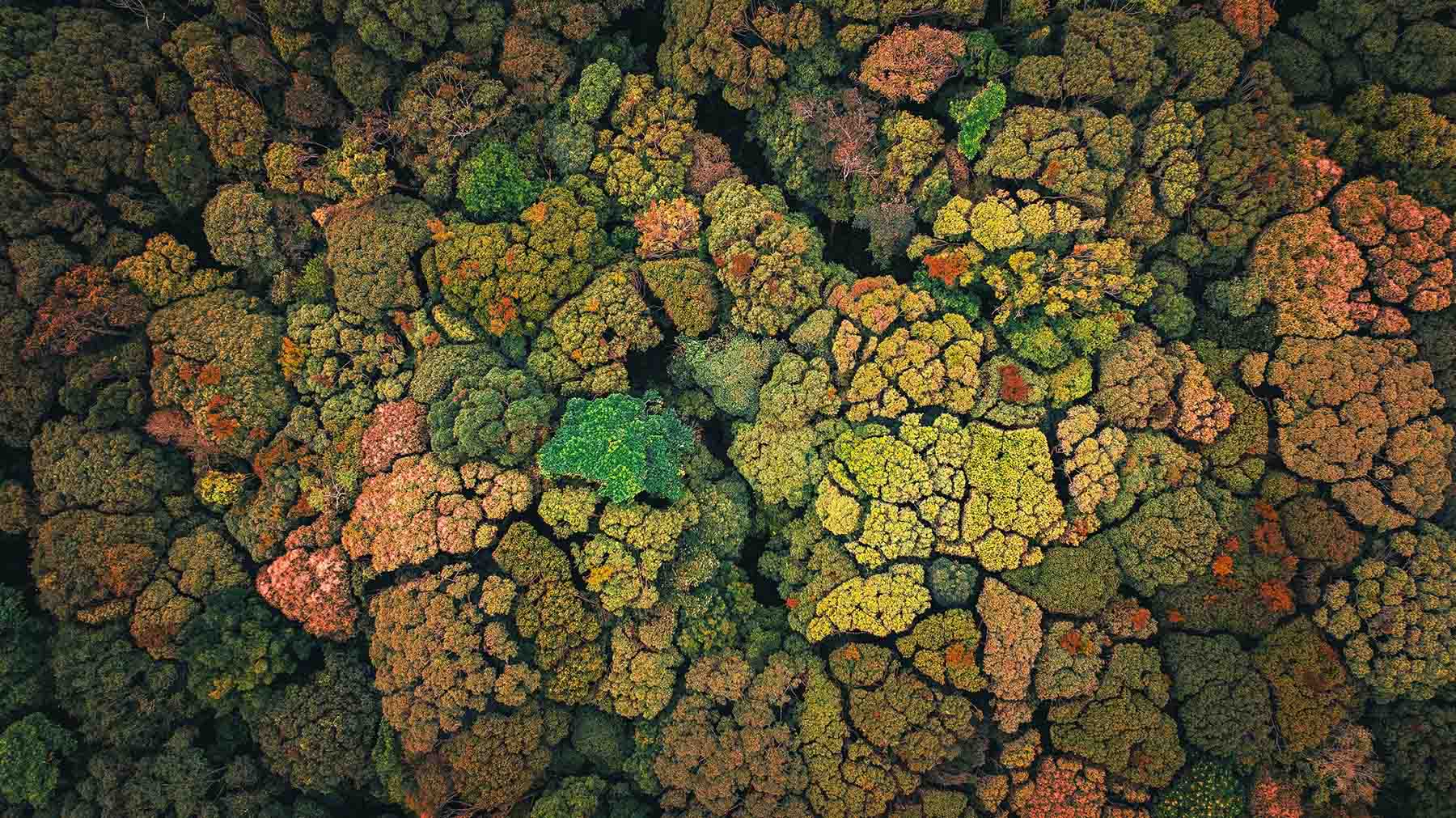




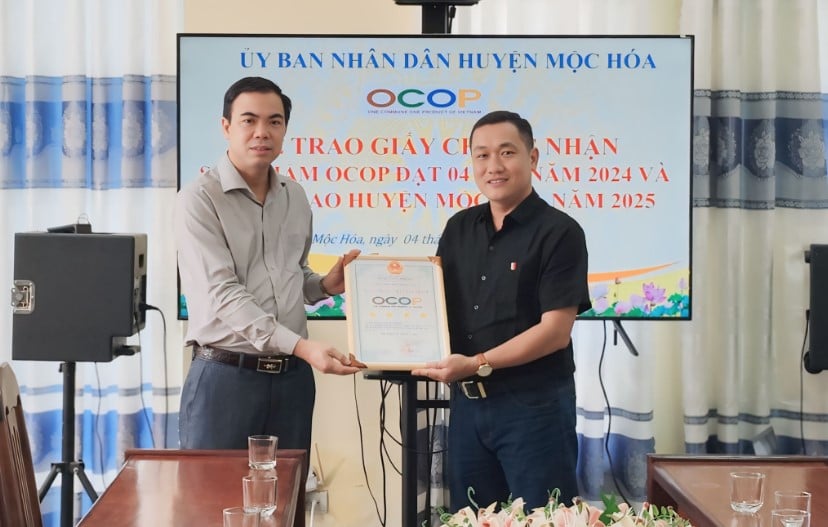

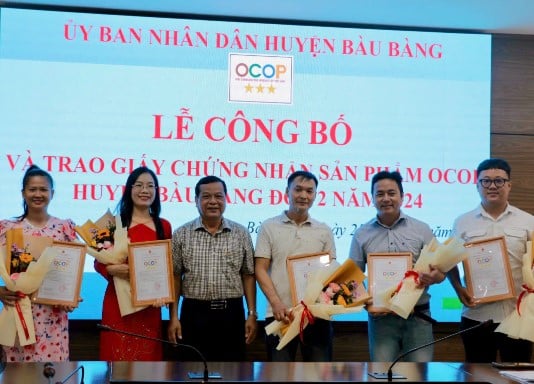

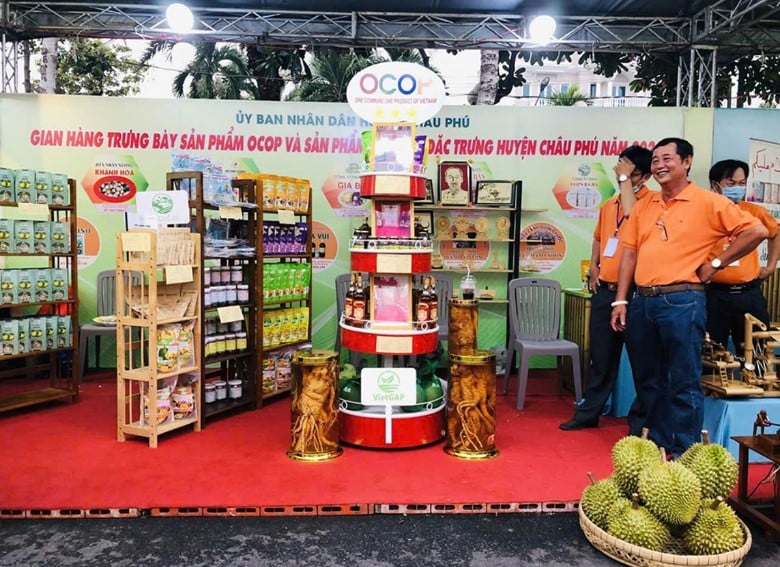

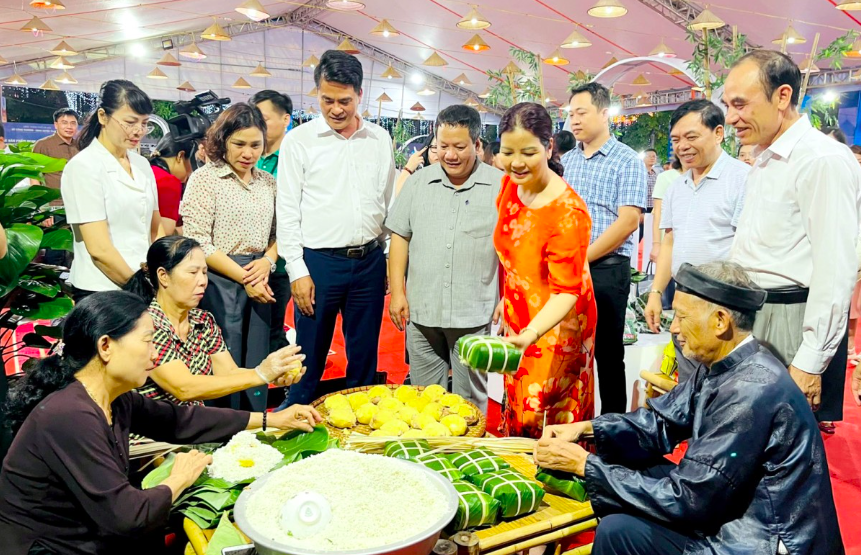



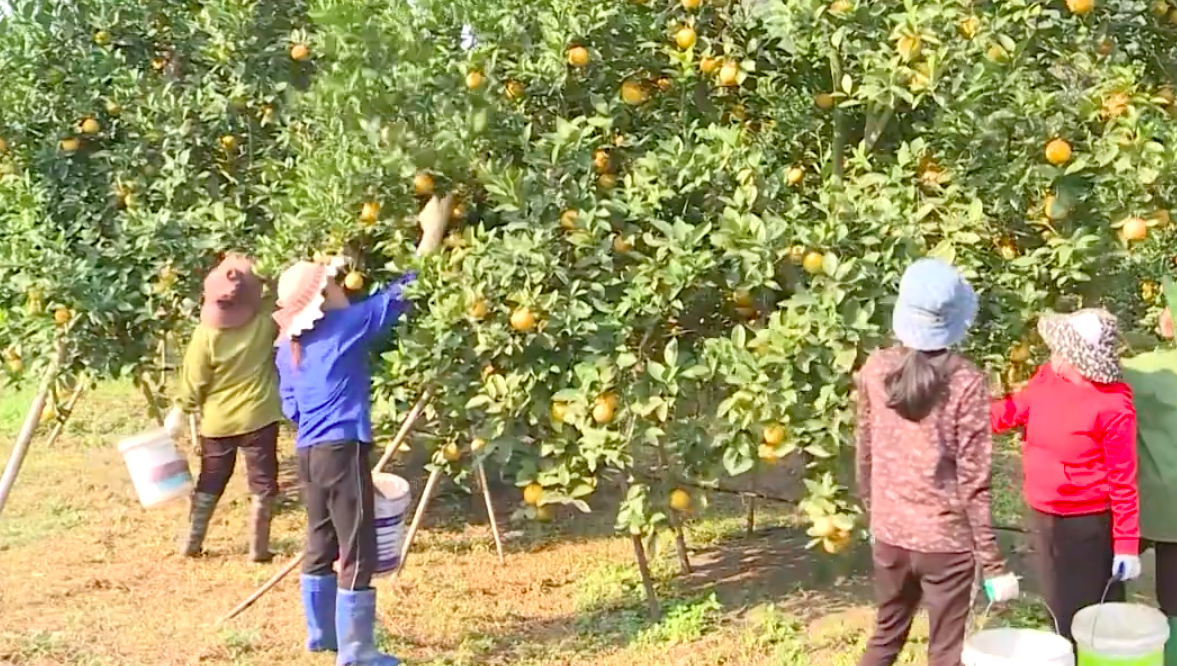
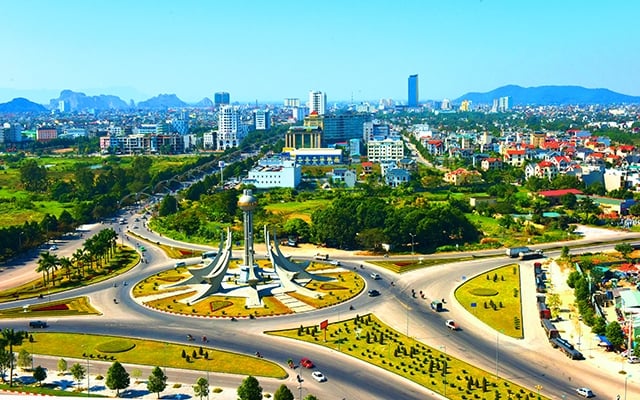
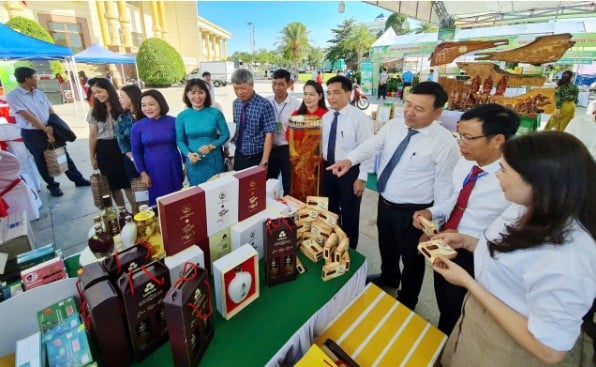



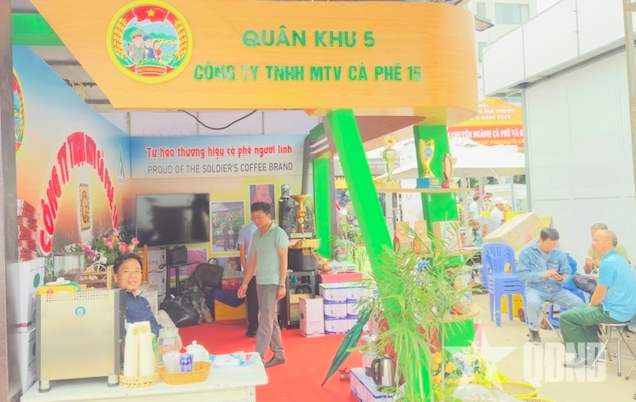

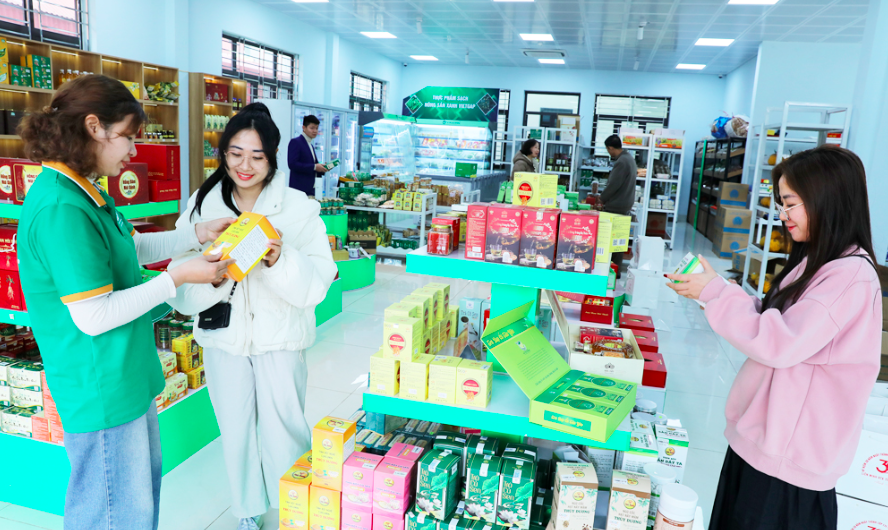

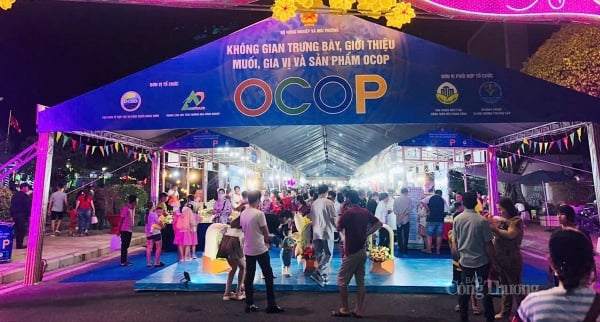

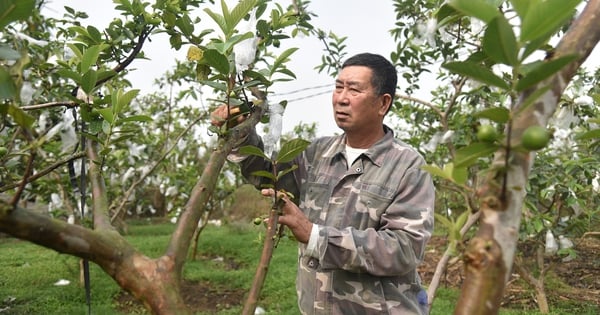





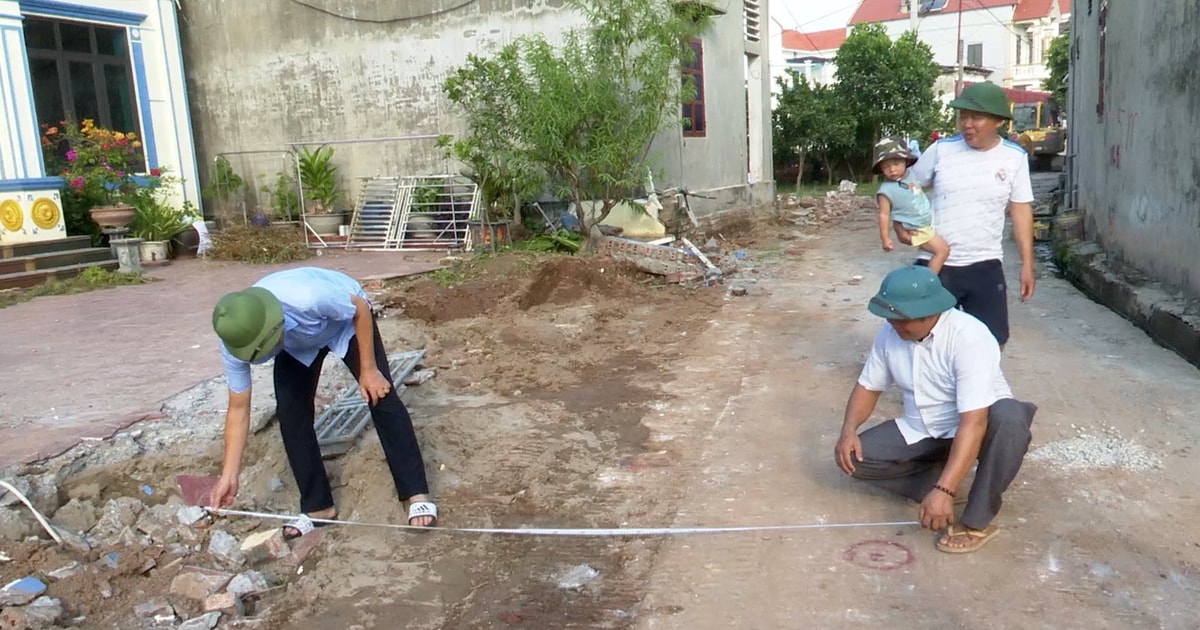
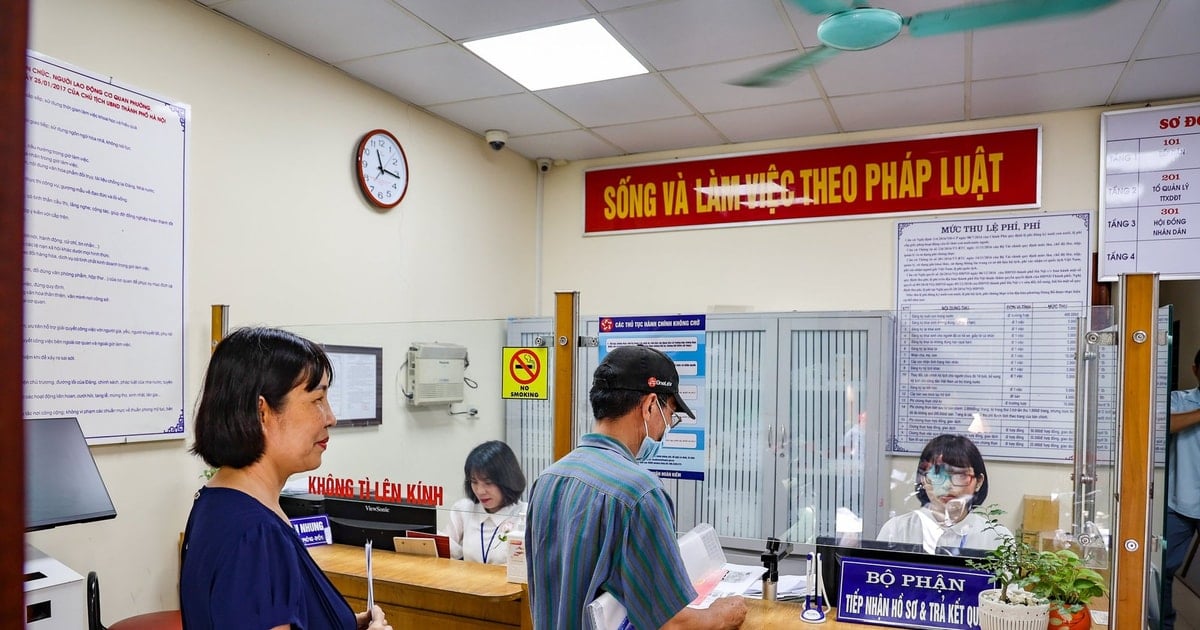









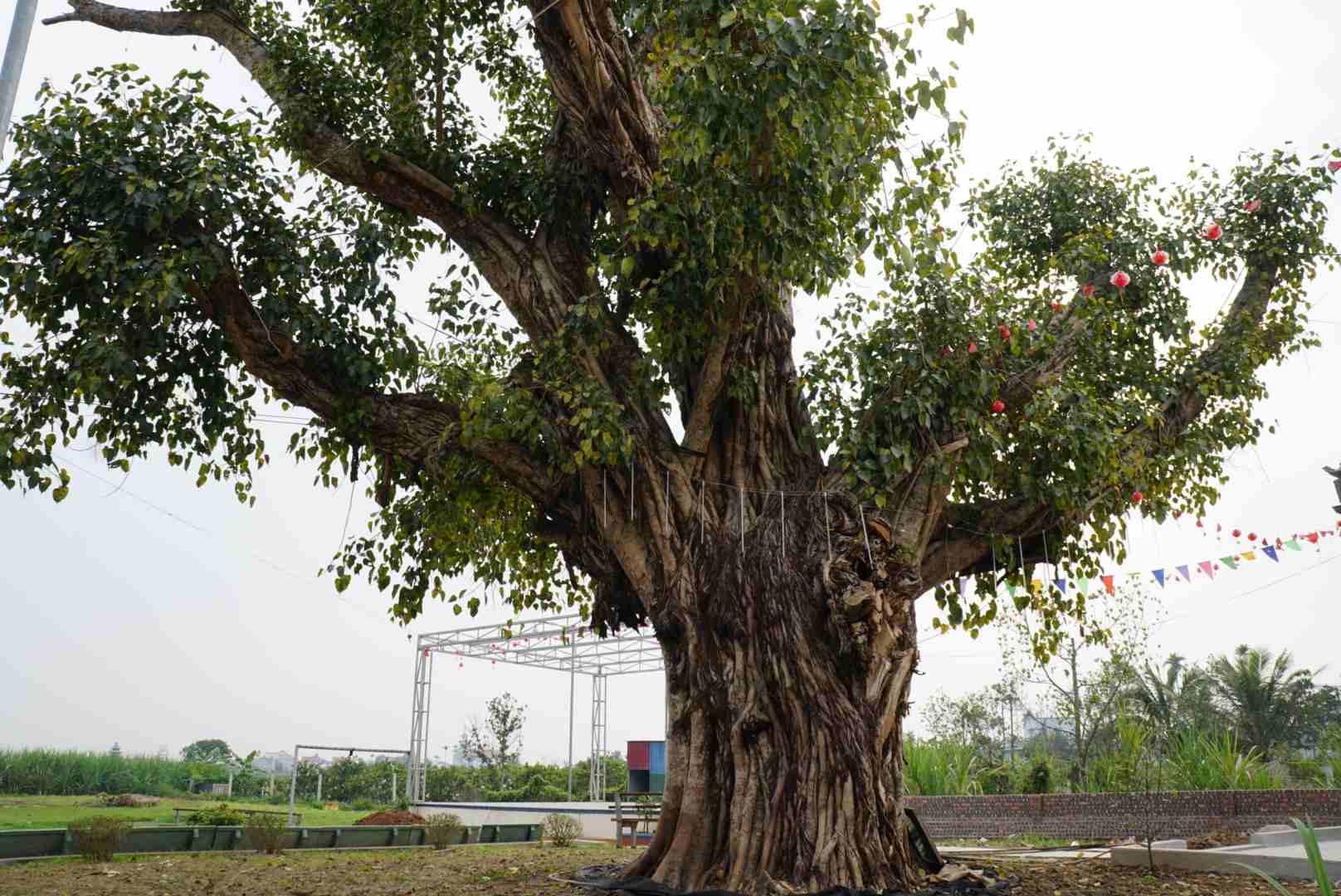



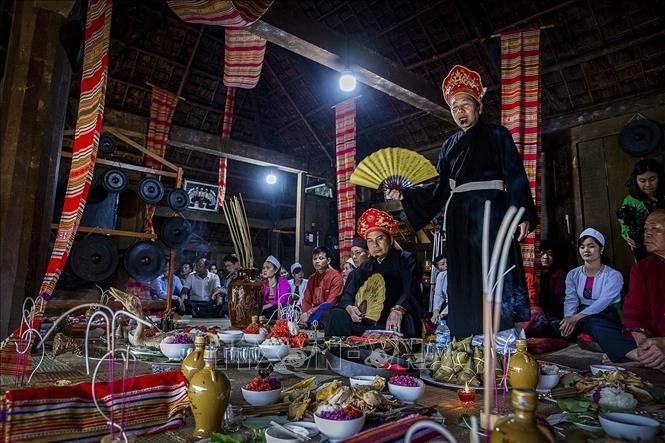

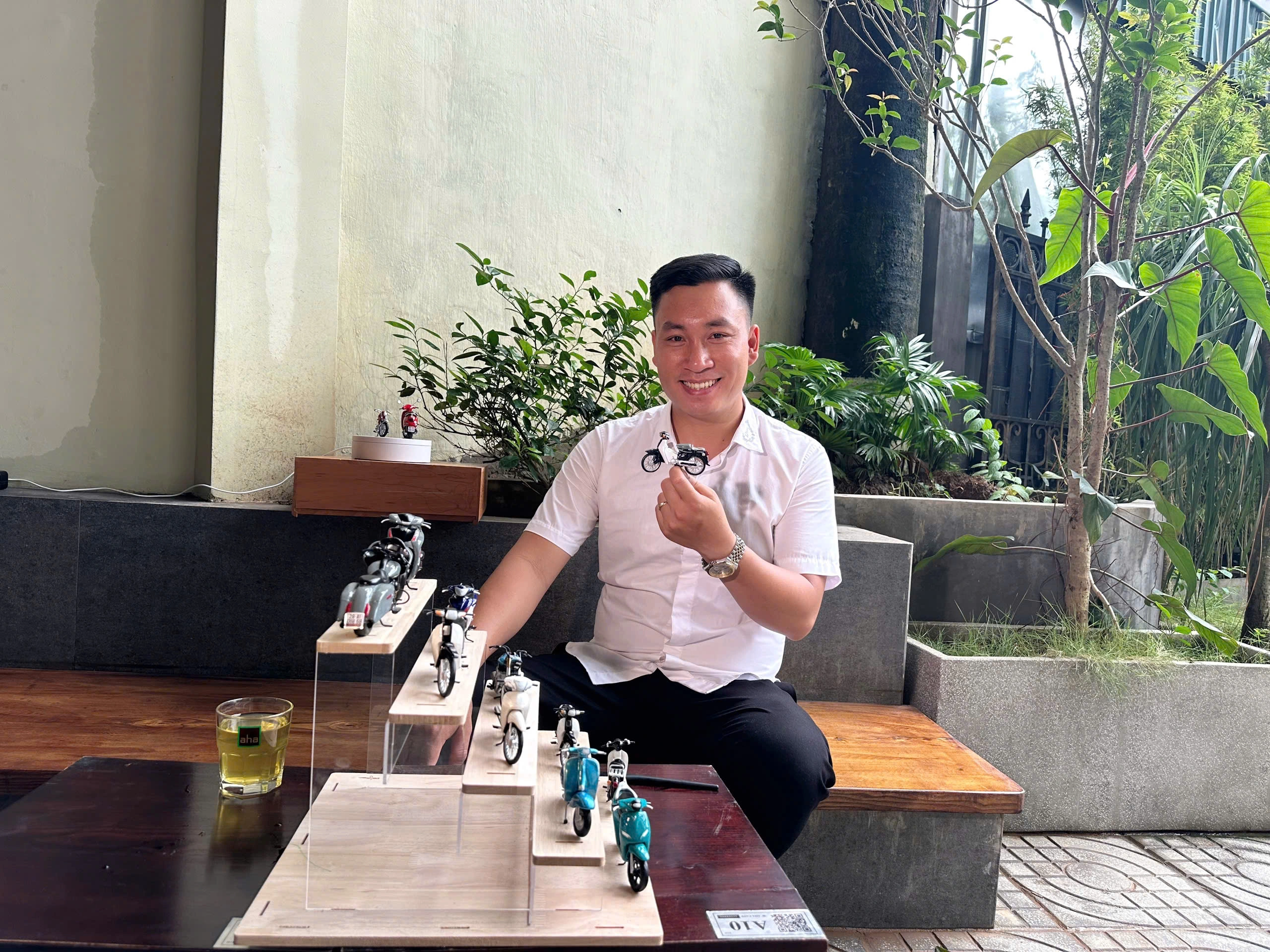




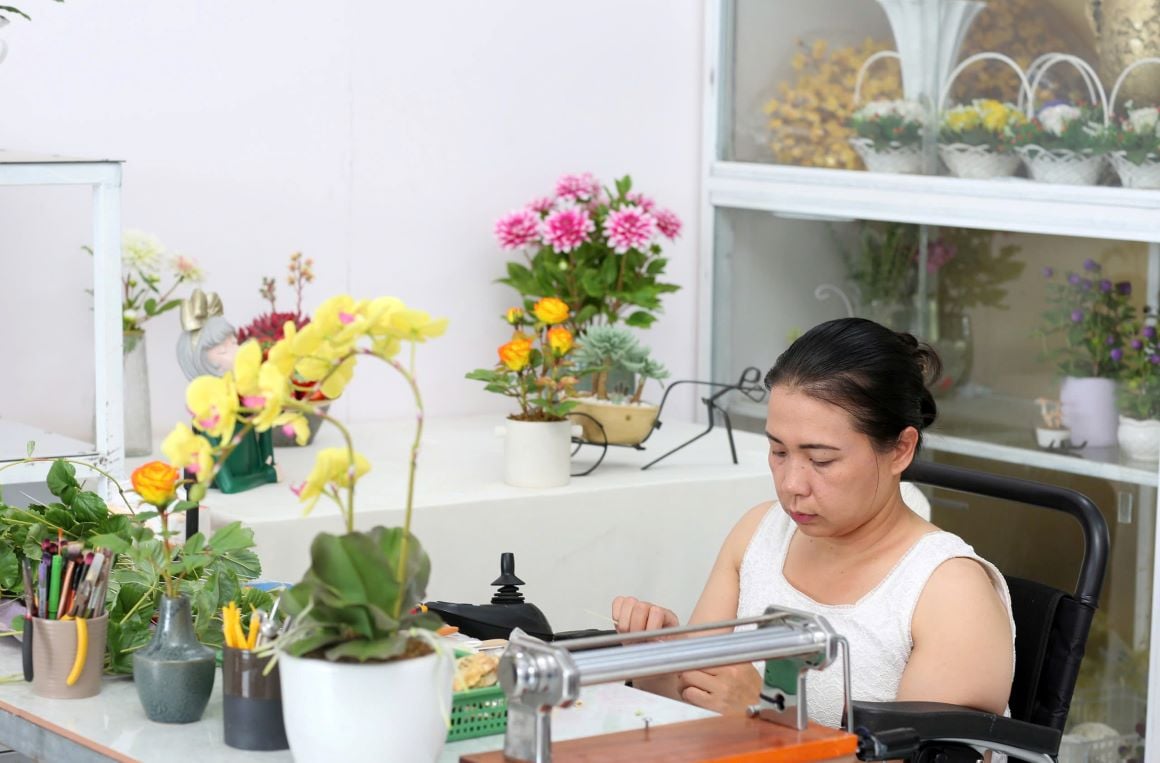
















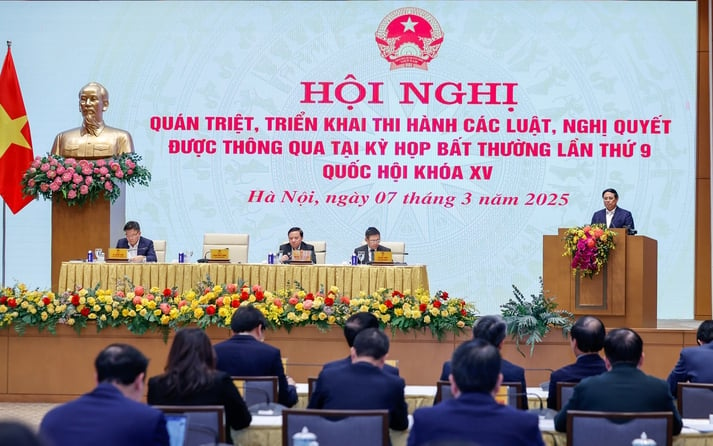


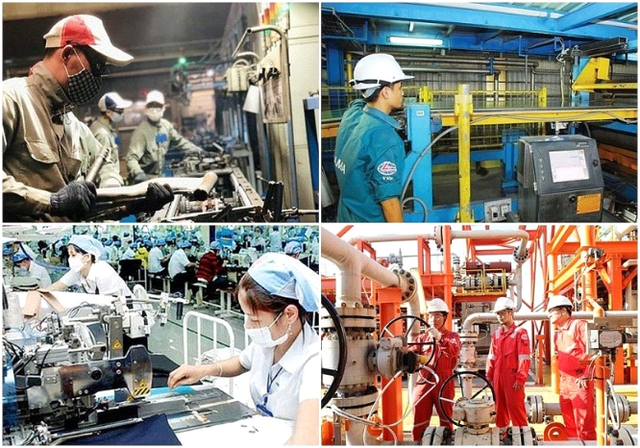











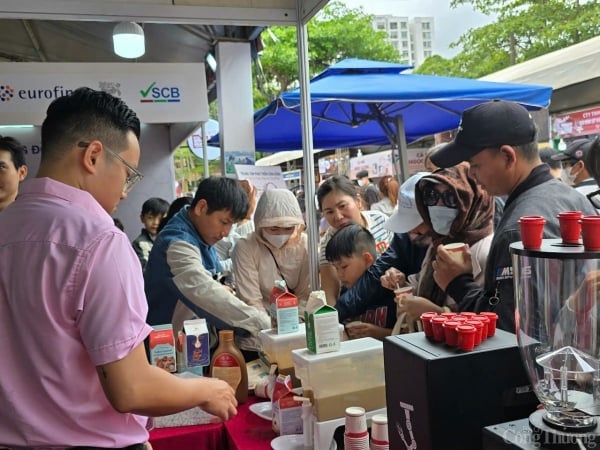
Comment (0)